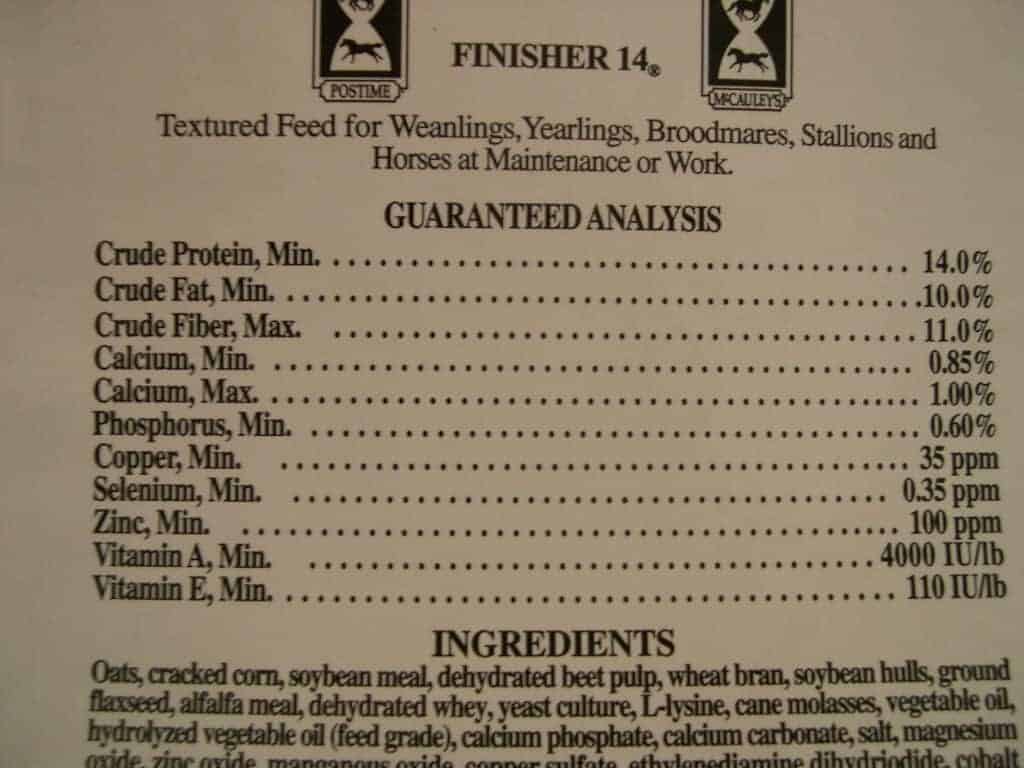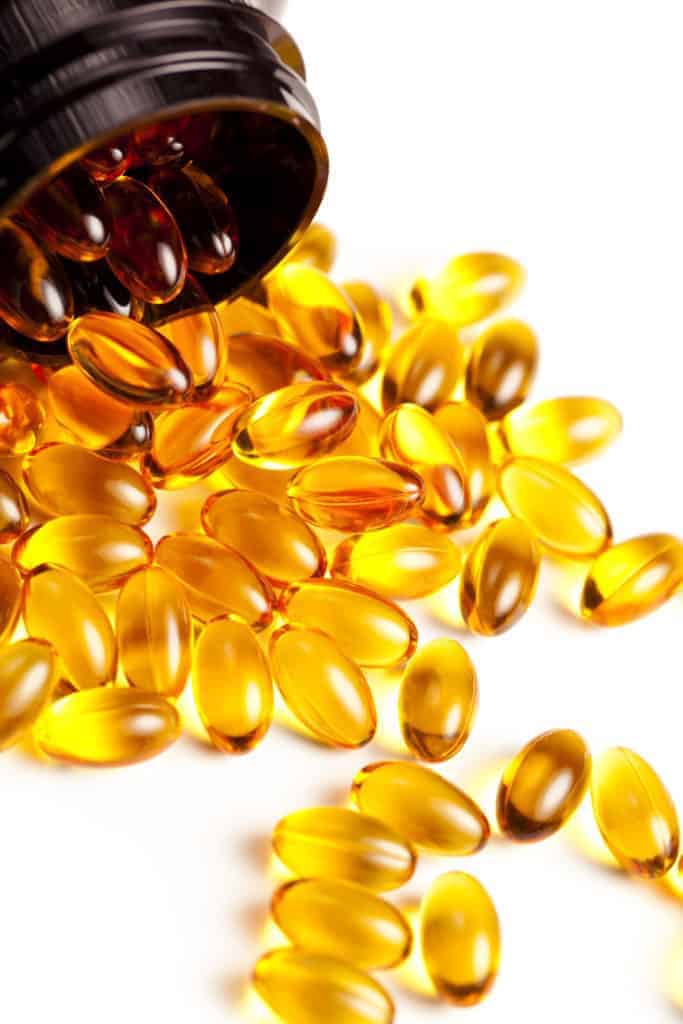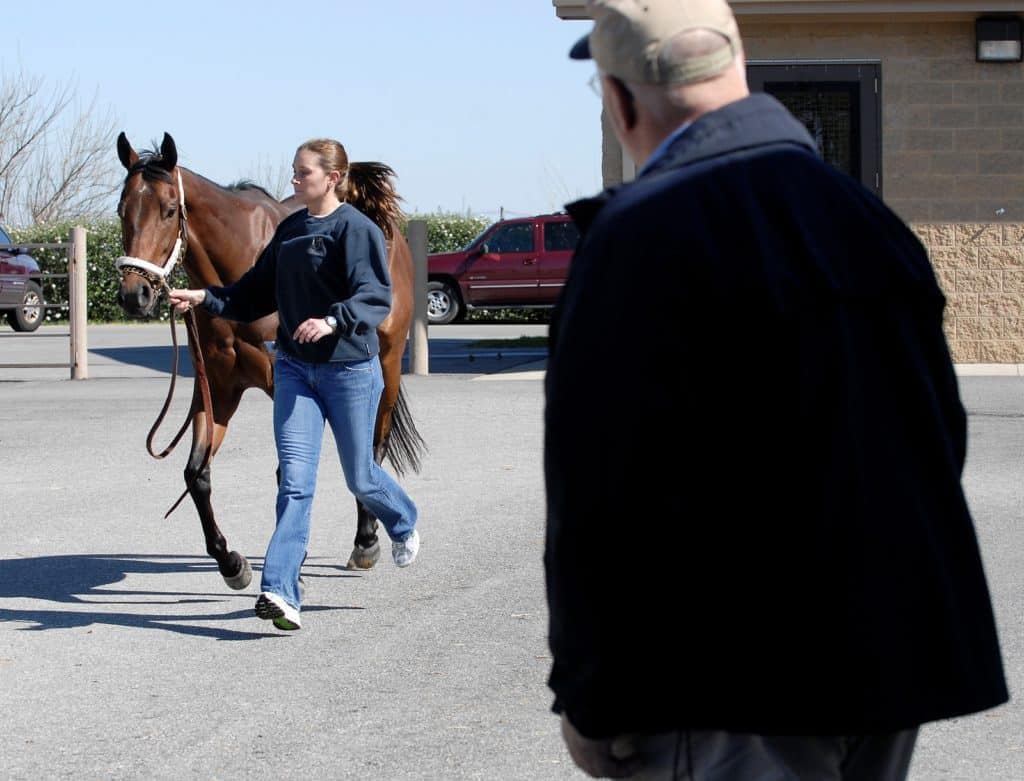
Infographic: Feeding Your Horse
Are you confused about equine nutrition? Learn how to feed your horse in our step-by-step visual guide.

Are you confused about equine nutrition? Learn how to feed your horse in our step-by-step visual guide.

Dr. Ginger Rich of Rich Equine Nutritional Consulting in Eads, Tenn., discusses feeding practices for horses with ulcers, respiratory disease, laminitis, and more.

Here’s what to consider if your athletic horse isn’t maintaining ideal body weight and condition.

More frequent forage feedings for group-housed horses could lead to a balance between feeding and resting.
Laurie Lawrence, PhD, will present “Selecting The Best Nutrition For Your Performance Horse.”

Researchers are working toward formulating nutritional recommendations for specific types of equine activity.
More than 10,000 individuals have already signed up to take part in the course on horse nutrition.

Paying attention to certain, sometimes minute, details can help horses enjoy longer athletic careers.

Fats increase energy density of diets and are necessary to metabolize fat-soluble vitamins.

Recent study results suggest that forage-only diets could hold benefits for performance horses.

A complete feed at recommended levels can provide calories for horses who don’t get enough from forage alone.

Selenium and vitamin E work together to alleviate muscle damage and signs of tying up in horses.

One researcher relayed that it could be possible to identify horses at risk for injury before accidents occur.

The horse’s metabolic processes provide the body with the fuels it needs to sustain itself.

Small errors in feeding can make a big difference in competitive horses’ performance. This fact sheet reviews athletic horses’ nutritional needs and describes how to determine if your feeding program is working.

Kristine Urschel, PhD, discussed factors that regulate equine muscle protein accretion and relevant research.
Stay on top of the most recent Horse Health news with
"*" indicates required fields